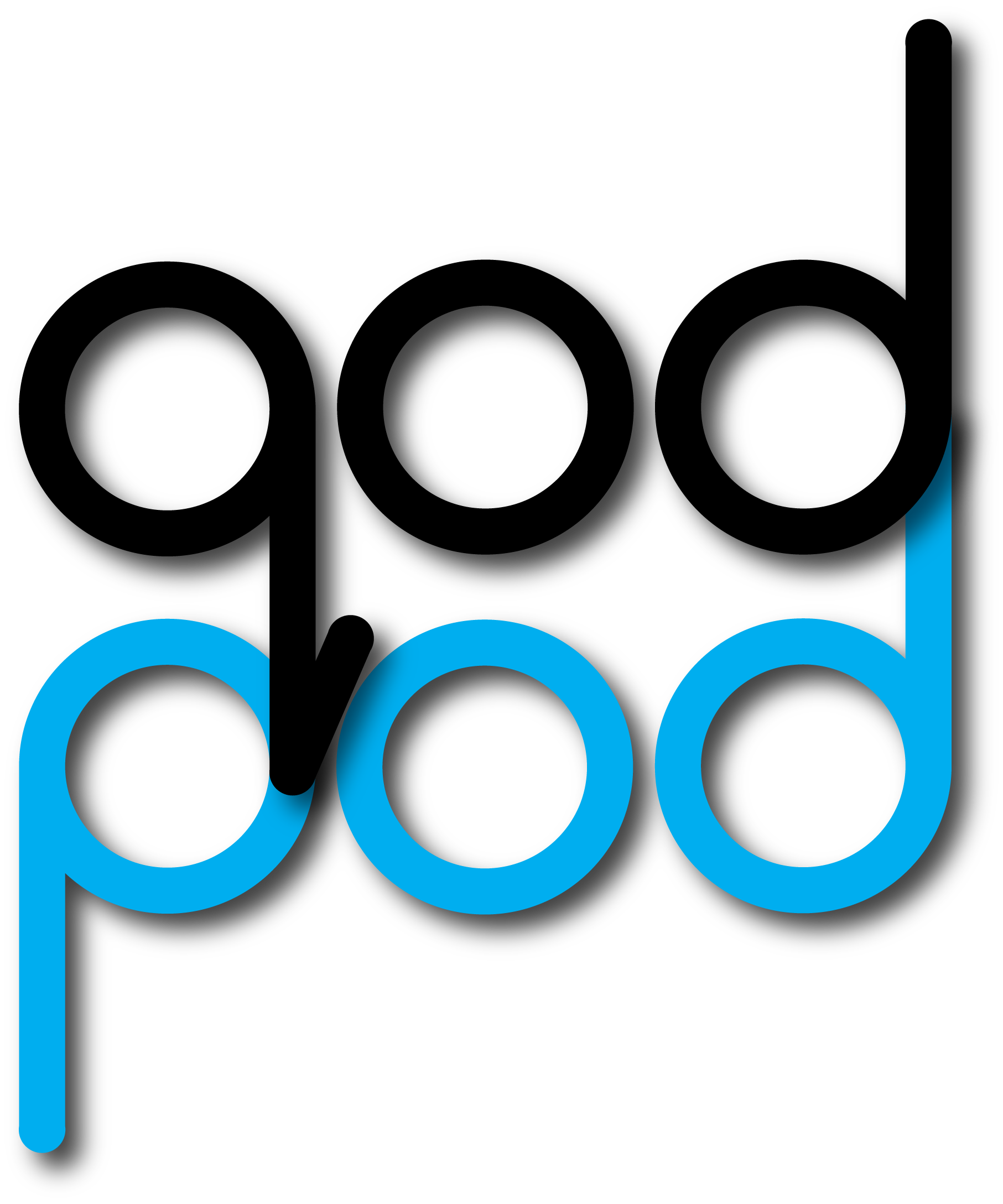Isaac Stone Fish is a former Beijing correspondent for Newsweek and spent six years living in China; he is now the CEO of the research firm Strategy Risks, which quantifies corporate exposure to China. In his new book, AMERICA SECOND: How America’s Elites are Making China Stronger (Knopf; 2/15/22) Fish exposes the deep network of Beijing’s influence in America, built quietly through prominent figures like former secretaries of state Henry Kissinger and Madeleine Albright, Disney chairman Bob Iger, and members of the Bush family, and details how slow Americans have been to wake up to the challenges posed by the Chinese Communist Party.
I would love to get you a copy of the book (PDF&/or hard cover) and schedule an interview with Isaac Stone Fish. He is available immediately upon request. If there is interest, please respond with the best mailing address for the book and a time/date for the interview.
Orville Schell, Director of the Center on U.S.-China Relations at Asia Society in New York, says “this fascinating book concludes that the best lobbyists for the Chinese Communist Party in the US have not been its propagandists, or even PR agents hired to do its bidding, but self-justifying American businessmen drawn to China by the promise of its vast markets. What’s most troubling is that, given the thoroughness of Stone Fish’s research, it’s not easy to argue with his conclusion.”
Tracing the evolution of the CCP’s sway in America, Fish shows how our belief that trade and engagement would lead to a more democratic China has actually weakened America, and made many of our businesspeople and politicians too dependent on China to challenge it—even leading them to work on the CCP’s behalf. In eye-opening detail, he shows:
how the Walt Disney Company destroyed the free Tibet movement
how Henry Kissinger’s work on behalf of Beijing makes him an agent of Chinese influence
how academic institutions regularly self-censor and prioritize CCP sensitivities
how and why television has been able to resist CCP influence—and why that may change
AMERICA SECOND also shows how to fight that influence–without being paranoid, xenophobic, or racist. This is an authoritative and important story of corruption and good intentions gone wrong, with serious implications not only for the future of the United States, but for the world at large.
If there is interest, please respond with the best mailing address for the book and a time/date for the interview.
Johanna J. Ramos-Boye


Recent Comments